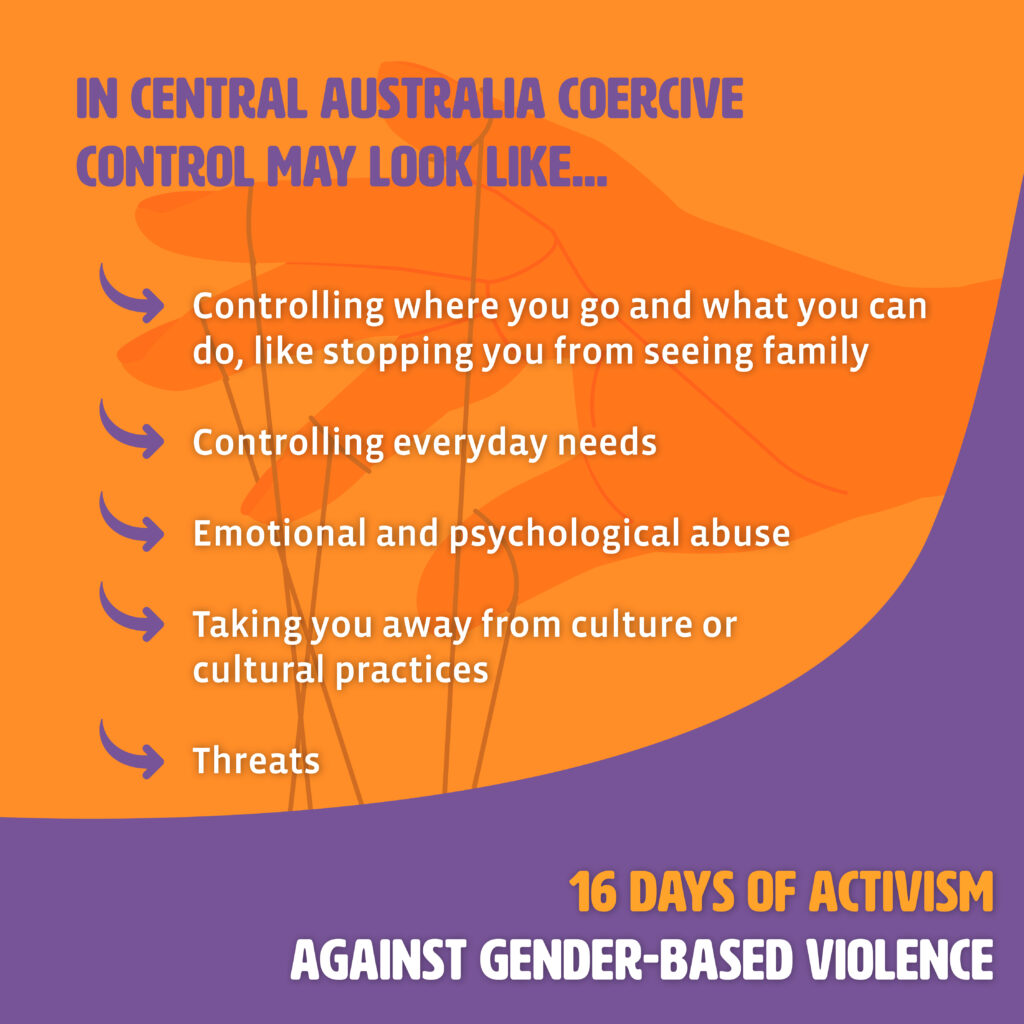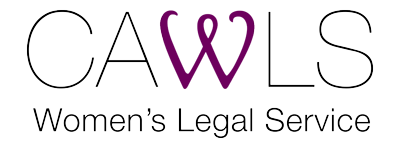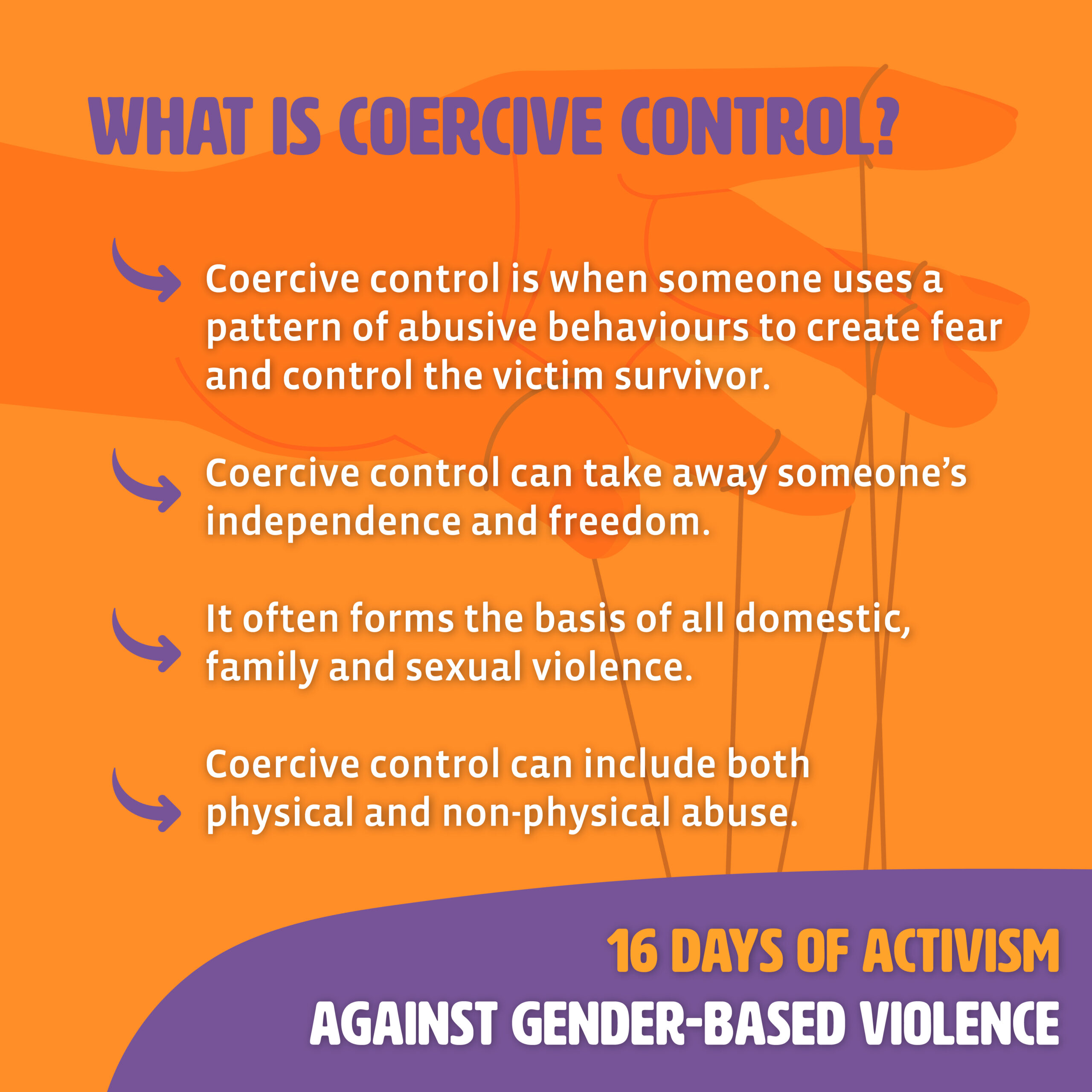
⚠️ Trigger Warning: This post contains information on domestic, family and sexual violence and could cause distress 🚨
What is Coercive Control? 💭
Coercive control is a pattern of abusive behaviour used to create fear and take away a victim survivor’s independence and freedom.
It’s the foundation of domestic, family, and sexual violence and can include both physical and non-physical abuse.
In Central Australia, coercive control might look like:
🔽 Not allowing someone to see family/friends or go to community events
🔽 Taking away someone’s car keys, phone, or wallet
🔽 Regularly calling someone names or embarrassing them in front of others
🔽 Taking someone away from their culture or cultural practices
🔽 Threatening to hurt someone, their family, friends, pets and damage their home
🔽 Calling someone mean names, putting them down, or embarrassing them in public
Whether you’re experiencing coercive control from an intimate partner, a family member, a caregiver, or any other person, it’s always wrong and there’s support available 🙏
For more information see:
🔗 https://bit.ly/ag_coercivecontrol
🔗 https://bit.ly/ag_coercivecontrol_firstnations
We would like to thank the Northern Territory Government for their support with the ‘16 Days of Activism Against Gender-Based Violence Social Media Campaign’ 🤝 Also, the work of the organising committee from the following organisations 👇
⚫ Central Australian Women’s Legal Service
⚫ Women’s Safety Services of Central Australia
⚫ Anglicare NT
⚫ Alice Springs Communities for Children
⚫ Central Australian Aboriginal Family Legal Unit
⚫ Tangentyere Women’s Family Safety Group
⚫ Alice Springs Town Council
⚫ Mental Health Association Central Australia
⚫ Kunga Stopping Violence Program
⚫ NPY Women’s Council
⚫ Sexual Assault Referral Centre
⚫ Relationships Australia Northern Territory



















